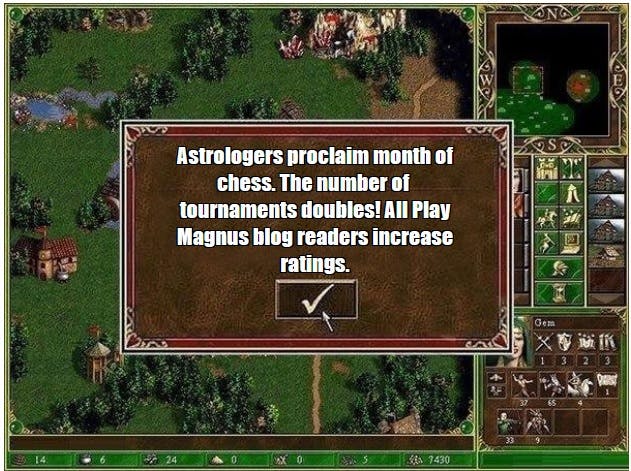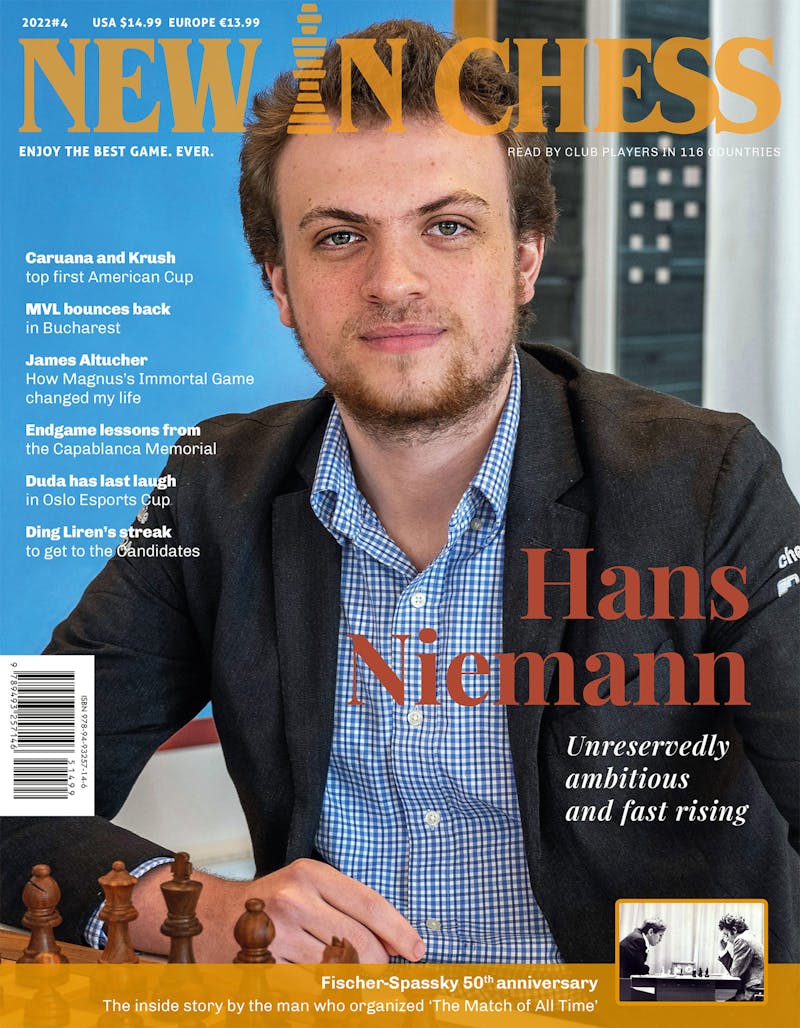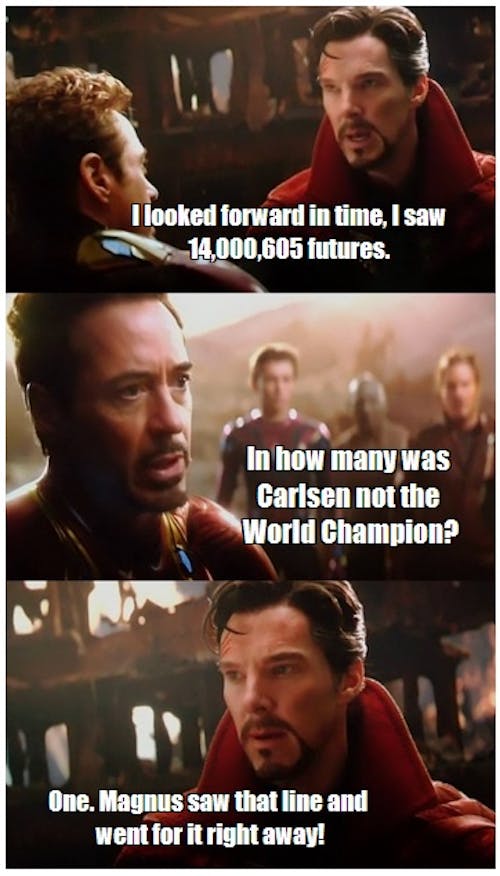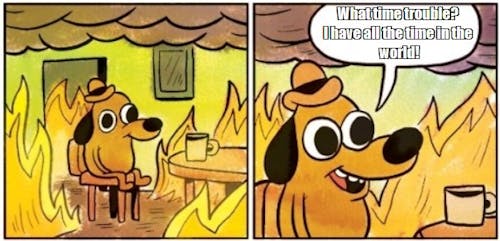Are you sure you want to delete your account?
(This will permanently delete all of your data - purchases, game scores, ratings, etc)
Change your username
Your current username is: guest
Change your account email address
Your current account email is:
Redeem your Fampay code here!
Use your Fampay code to get access to the Play Magnus Plus Membership!

How Many Tournaments in a Row Should You Play?
Summer is the season when many adults take a vacation and kids have holidays. For amateur and semi-pro chess fans, it is an excellent opportunity to compete in tournaments. Some of us go full throttle and try to squeeze in as many events as possible. Do you think it is a good idea?
As often happens in life, there are both pros and cons to such a decision. Let's start with the advantages:
· You get a chance to gain form along the way. If you have to take a long break from chess, sometimes you need to recover the momentum by playing quite a lot. In the first event, you might lose rating points while winning some in the subsequent ones.
· Earning a title. Many people, deliberately or by accident, gain a title by accumulating a huge amount of rating points within a rating period. For example, a 2200 player is sometimes capable of harvesting 100+ points in a month and becoming an FM. This scheme was even more efficient back when the FIDE ratings lists used to be published quarterly or bi-annually. Bottom line: if you are confident that you are in a good shape chesswise, you might want to play more games than usual.
· Reduced travel and time costs. When traveling from one event to another, you spend less and don't have to return to your home each time, which is convenient timewise. With COVID-19 restrictions, this argument became even more valid since sometimes you could no longer revisit a country after leaving it, so it made sense to sequence your events optimally.
· During one of the Dvorkovich Memorials, I had a conversation with a 2600-rated GM about our playing schedules. I confessed to him that I was already quite exhausted, so I decided not to play in Moscow Open in a few days. The GM replied that he was also reasonably tired but knew his mathematical expectation in terms of prize winnings per tournament, so he would go there no matter what. For people who make a living by playing chess events, especially those who receive conditions and appearance fees, showing up is a more or less guaranteed way to make some money.
· For non-chess pros, it is convenient to take a vacation and to play as many games as possible because otherwise, you won't hit the projected number of games per year.
The cons are also quite clear:
· Playing chess non-stop for a long period of time is rather grueling for both your body and your mind. For example, the family couple GM Yuri Drozdowski and WGM Natalia Zdebskaja have been traveling from one event to another together for a long time before deciding to give up on this nervous and monotonous routine and pretty much quit competitive chess. Please note that they were relatively young and high-rated at the point of making this decision.
· The other side of the "earning a title" argument is that you can shed an enormous number of points if you are in bad form and compete in numerous events within one rating period. Even though nowadays the reports are processed reasonably quickly, and the ratings are updated monthly, it is still possible to suffer a major setback.
· Many professional players feel lonely when traveling from one event to another and have to keep up with not seeing their parents, children, and significant others for months. Quite a few chess families have fallen apart due to the partners not spending enough time with each other or because of infidelity, the likelihood of which is increased by the promiscuous lifestyle some chess players practice when playing open events.
· It is hard to keep up a good shape for an extended period of time. Hence, you are likely to have some bad results due to fatigue and loss of interest in the game at a certain point.
I personally have never played more than two tournaments in a row because chess does consume a lot of my mental and physical energy. Even after one event, I usually feel rather drained already.
In contrast, some superhumans out there have a burning passion for chess and incredible stamina. If anything, they have to restrict themselves to not playing competitive chess every day. For instance, one of the most promising juniors in the world, Hans Niemann, can apparently get away with playing four (!) tournaments a month and even earn quite a few rating points along the way! +38 points per month is a large gain for anybody, especially for a GM of his caliber who has a K of 10 instead of 20 that most players are accustomed to.

It may be tempting to replicate the training routine of GM Hans Niemann, but not all of us have what it takes to study and play chess pretty much 24/7!
The conventional belief of old-school masters is that one needs to have enough time to reflect on the tournament's results, analyze the games, and study chess even further before taking on new game challenges. However, it is hard to give universal advice on how many tournaments one should play in a row or even per year in our mad, mad world. My suggestion would be to try different approaches and see which performs best for you and gives you the most satisfaction.


